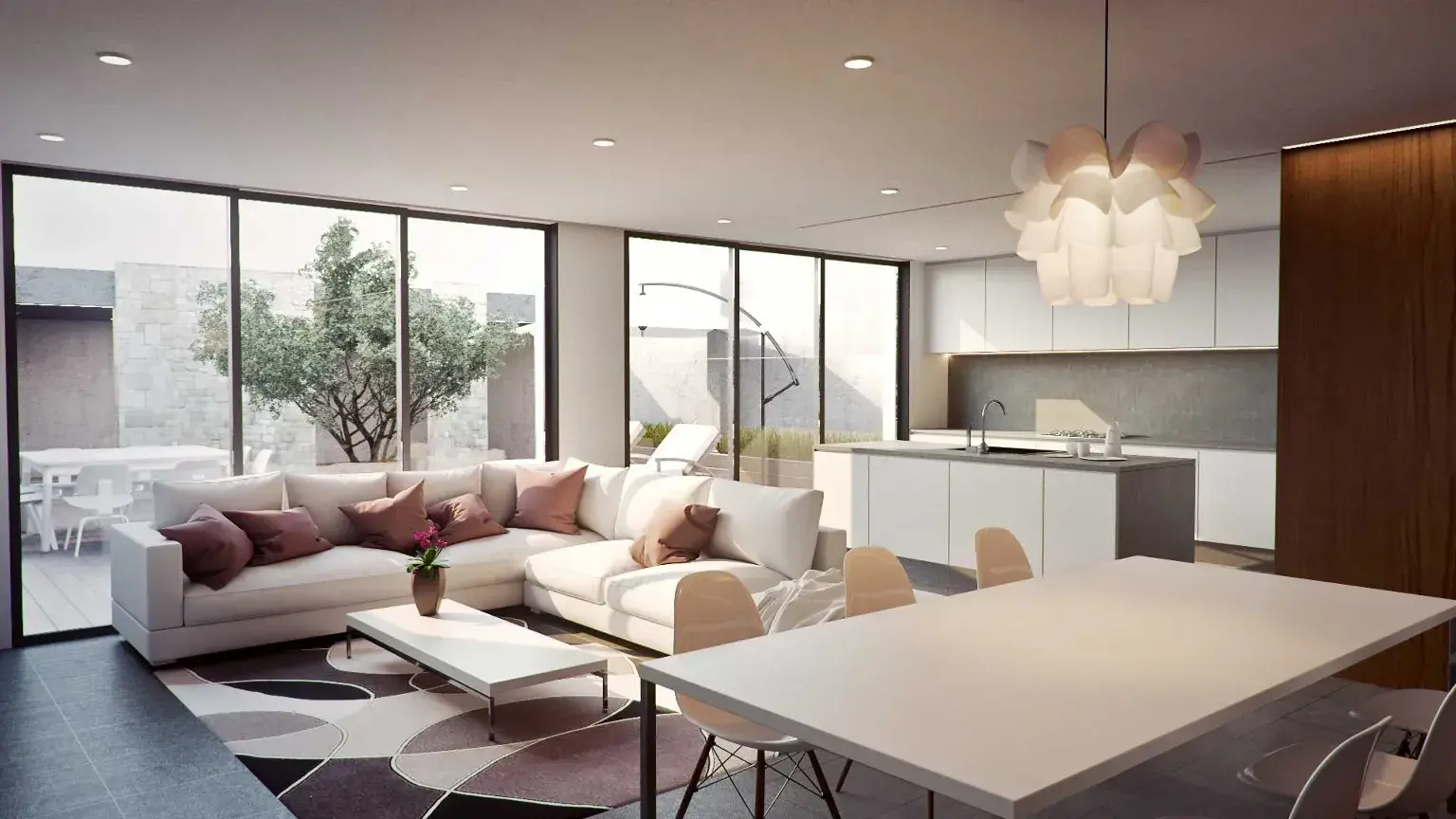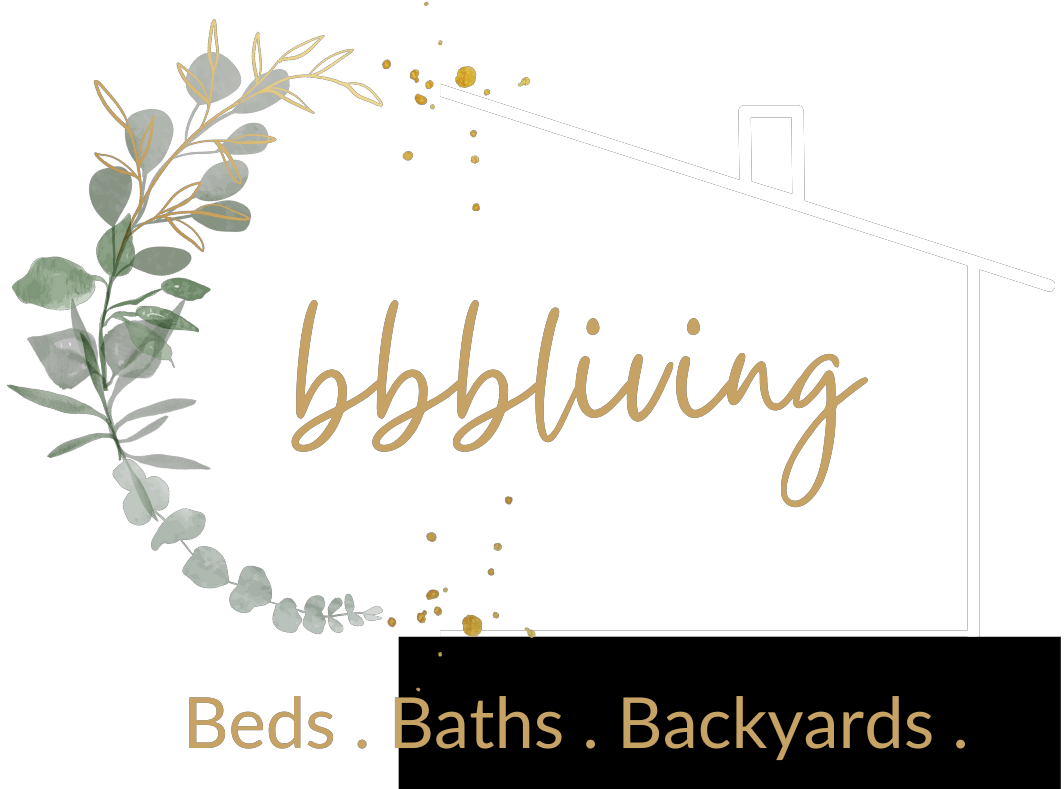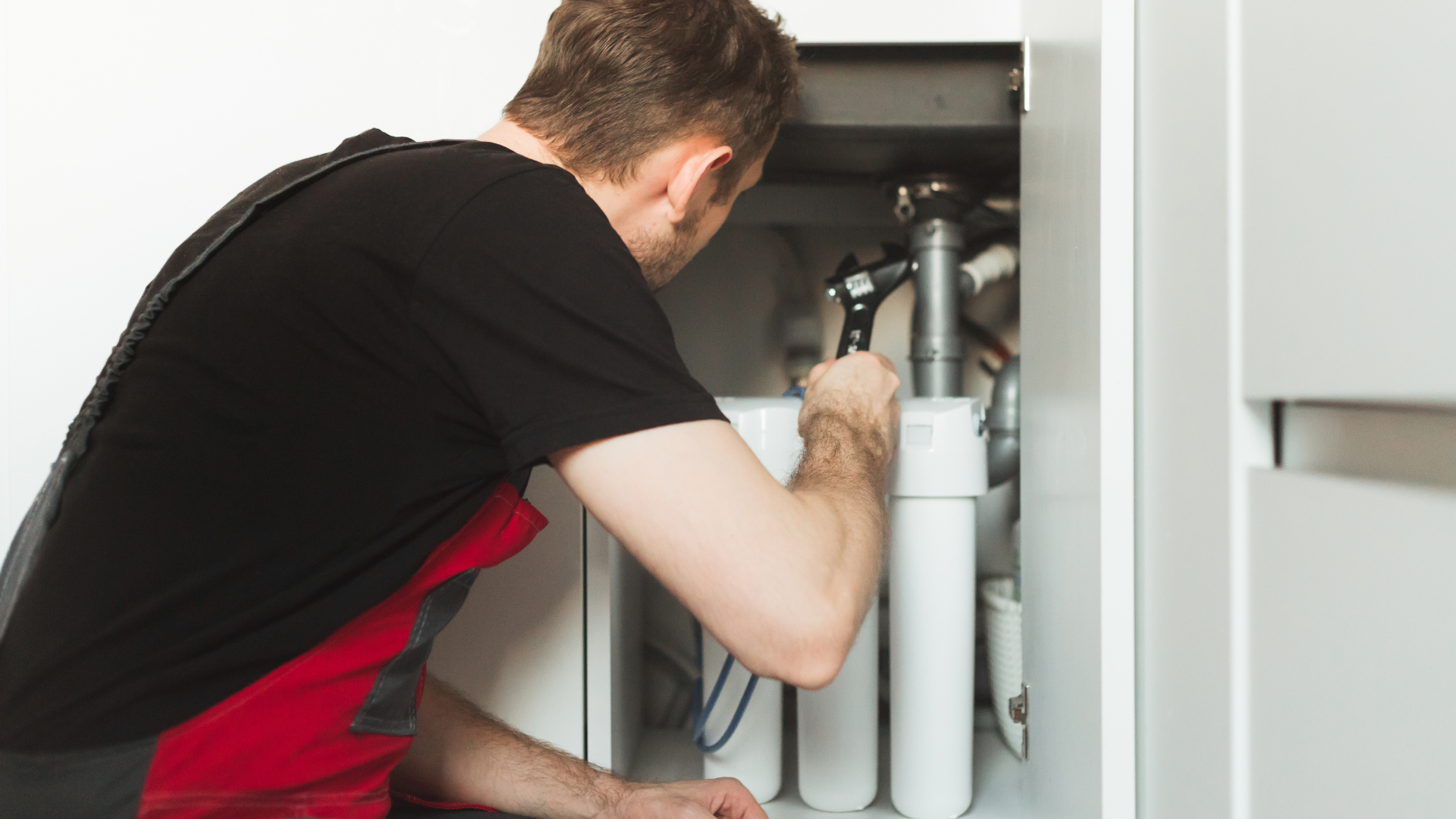Welcome to the ultimate guide for all homeowners looking to keep their plumbing systems in tip-top shape! From leaky faucets and clogged drains to burst pipes and water damage, we understand that plumbing issues can be a nightmare.
But fear not because this blog post is here to save the day!
Common Causes of Plumbing Issues
The build-up of debris and sediment in your pipes is one of the main causes of plumbing problems. This can happen over time as water flows through the pipes, picking up small particles of dirt, sand, and other materials. Eventually, this build-up can cause clogs or blockages that can reduce water flow or cause leaks.
Another common cause of plumbing problems is tree roots. As trees grow, their roots can spread out and penetrate water pipes, causing cracks and breaks. This can lead to leaks or blockages that can disrupt your home’s water supply.
Poor installation or maintenance of plumbing fixtures and appliances can also lead to issues. If fixtures are not properly secured or sealed, they can develop leaks. And if appliances are not properly maintained, they can also develop problems that could affect your plumbing system.
Similarly, drainage problems in a household, such as clogged drains, can exacerbate plumbing issues if not addressed promptly. When homeowners are unsure how to go about it, these problems can quickly escalate, leading to more significant and costly repairs down the line. In such cases, seeking assistance from professionals who specialize in handling Blocked Drains London, or someplace nearby can be a wise decision. Their expertise can help ensure that your plumbing system functions efficiently, preventing minor issues from turning into major inconveniences.
Emergency Solutions for Major Plumbing Problems
If you have a major plumbing problem, it’s important to take immediate action to prevent further damage.
Here are some emergency solutions for common plumbing problems:
If your toilet is overflowing, turn off the water at the shut-off valve behind the toilet. Then, flush the toilet to empty the bowl. Once the bowl is empty, scoop out any remaining water with a cup or bucket.
If your sink is overflowing, turn off the water at the shut-off valve under the sink. Then, use a plunger to try and unclog the drain. If that doesn’t work, you can try using a plumber’s snake to dislodge the clog.
If your bathtub is overflowing, turn off the water at the shut-off valve behind the tub. Then, use a plunger or a plumber’s snake to try and unclog the drain. If that doesn’t work, you can try pouring boiling water down the drain to melt any grease or soap buildup that may be causing the clog.
Of course, no matter the issue, if you’re feeling unsure, it’s always best to call the professionals. You can do a quick search for plumber near me online to find the best experts in your area who can get to the bottom of the issue.
Basic Tips for Maintaining Your Home’s Plumbing System
It is important to maintain your home’s plumbing system in order to prevent costly repairs and water damage. Here are some basic tips for maintaining your home’s plumbing system:
- Check for leaks regularly and repair them promptly.
- Replace worn or damaged pipes and fixtures.
- Clean clogged drains regularly.
- Inspect your home’s sewer line periodically and have it cleaned if necessary.
- Install a water softener if you have hard water. This will help to extend the life of your plumbing system.
Do’s and Don’ts of Home Plumbing Maintenance
Assuming you would like tips for maintaining your home’s plumbing system, here are some Do’s and Don’ts of home plumbing maintenance:
Do:
– Inspect exposed pipes regularly for any leaks or corrosion.
– If you do find a leak, tighten the fitting or replace the section of pipe.
– Keep an eye on the water pressure in your home. Abnormal fluctuations could be a sign of a hidden leak.
– Make sure all drains in your home are properly draining. Slow drains could be an indication of a clog somewhere in the line.
– Pour equal parts baking soda and vinegar down slow drains once a month to help keep them clear.
– Flush out your water heater periodically to remove any sediment that has built up inside.
– Inspect hoses leading to washing machines and dishwashers for any cracks or leaks. Replace if necessary.
Don’t:
– Use harsh chemicals like drain cleaners to unclog drains as they can damage pipes. Instead, try using a plunger or snake.
– Ignore slow drains or leaks, as they will only get worse over time and could lead to major flooding or water damage in your home.
– Put grease or oil down drains as it can harden and cause clogs further down the line.
Conclusion
In conclusion, the aforementioned strategies and tactics are critical to uphold the performance and efficiency of your plumbing system.
Remember these guidelines when dealing with your own plumbing so as to reap the rewards of an effectively maintained system.


